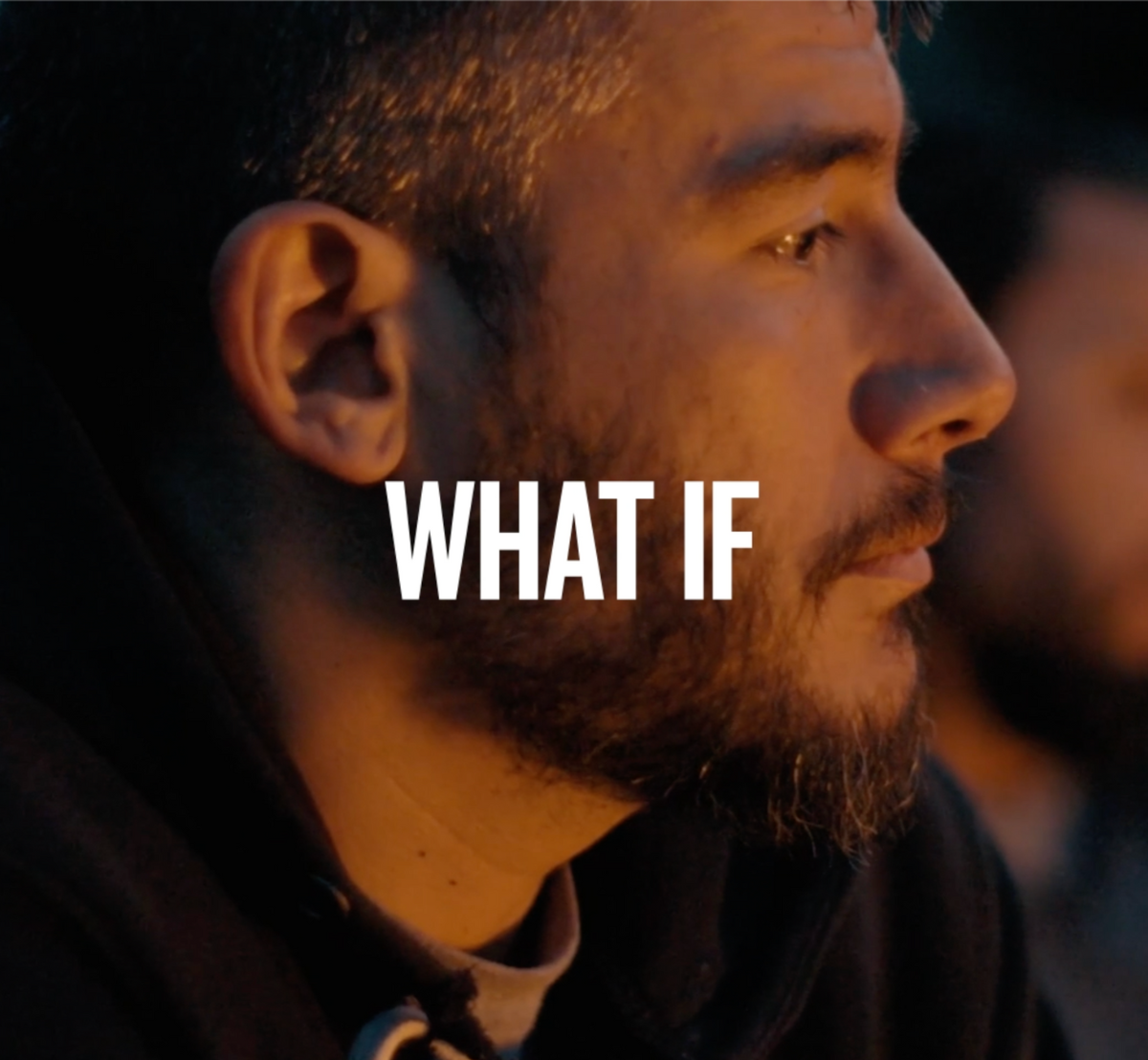This article addresses international conceptualizations of mental health, cultural theory, and socially shared experiences as they relate to clinical psychology and psychiatry in traumatic contexts. Its focus on health care providers in the contexts of community adversity and collective trauma carries special pertinence for both international clinical providers and humanity at large at this unprecedented time.
Background and Aim
Countless communities worldwide are exposed directly and subsequently to the effects of massive-scale collective stressors, from natural disasters to human-caused. In contexts of collective adversity, healthcare providers who are also members of these communities share and interdependently affect the range of responses their patients have. We aim to conceptualize this spectrum, termed shared trauma, shared resilience, and shared growth.
Method
In this metasynthesis, we review the literature on these underacknowledged dynamics globally. We include prior conceptualizations of direct and indirect trauma, collective trauma, cultural context, and the COVID-19 pandemic toward clearer conceptualization of shared mental health in global collective stressor contexts.
Results
Most trauma and resilience research focuses on prevailing concepts and measures with questionable cross-cultural applicability. These works usually center on acute, highly distressing threats to physical safety at the individual level. The scarce literature on shared trauma describes it as a rare phenomenon, entailing conflicting messages of narrative accounts within contexts of few cultures with medium to high degrees of individualism. There has been little consideration of other non-Western and indigenous communities with more collectivist values and collective trauma histories. There is limited understanding of these concepts as they pertain to the vast majority of cultures. As a result, shared trauma, resilience, and growth have been poorly conceptualized, differentiated, or empirically researched.
Conclusions
We propose uniquely inclusive models of shared trauma, resilience, and growth. These models reflect the cumulative effects and interplay of direct to indirect, acute to chronic, individual to collective, and historic to transgenerational factors influenced by cultural context.
Give strength & hope to those who serve
Your support powers life-changing programs offered at no charge to veterans, military, first responders, and their families. With your help, our Warriors won't just survive — they'll thrive.

